
Amy Cecil, the Director of Education at Jewish World Watch, has always had a passion for education, which is why she created the Teen Ambassador Program (TAP). TAP is a leadership development program to inspire and mobilize teens to take action and change the world.
Cecil introduced TAP when she noticed that the high school interns involved in JWW, a 501(c)(3) nonprofit that aids survivors of mass atrocities around the globe and inspires people to join the fight against genocide, were yearning to learn more about the issues discussed within the organization.
“The goal was to create teens that would really be ambassadors in the best sense of the word – that they would learn what we do [at JWW], how we do it [and] why we do it,” Cecil told the Journal. “They would go back to their schools, their synagogues and their soccer teams, and they would talk the talk … about what genocides and mass atrocities are, about what it means to be a survivor.”
Since its inception six years ago, TAP has flourished from a single-module program to a four-module program, reaching nearly 150 high school students.
TAP Basic, the first of the four modules of the curriculum, explores the idea of the “personal lens” – that we each view the world differently based on our unique experiences, upbringings and education. The issue isn’t that we have diverse experiences, but that the world is divided into “us” and “them.”
The purpose of TAP Basic is to equip students with effective communication, leadership and problem-solving skills in order to “blur that distinction between the us and the them, so that we realize and internalize the fact that [we’re all citizens] of one world,” Cecil said.
After TAP Basic, students have the option to pursue TAP PLus (PL = Purposeful Leadership), where they tackle the concept of genocide, understand the importance of advocacy and learn how their actions can impact the world.
The third TAP module, Philanthropy, allows students to bring their actions into fruition to make positive change through philanthropic efforts. This year, the 12 students enrolled are invested in Seeds of Survival, raising money to plant new sustainable gardens for Darfuri survivors in Chad.
The newest TAP module, Cinema, is scheduled to launch in-person in January, depending on COVID-19. It will focus on a conversation surrounding genocide through films and filmmaking.
Cecil also recently launched a series called TAP Talks, which provide a space for interns to share their thoughts on issues discussed in TAP and reflect on their time at JWW.
‘I want their voices, which are so brilliant, to be heard by more than just their cohort.’ — Amy Cecil
“[My kids] have incredible perspectives, they’re deep thinkers, and part of being an ambassador is getting the word out,” said Cecil. “I want their voices, which are so brilliant, to be heard by more than just their cohort.”
Jonah Goldberg, a TAP graduate, JWW communications summer intern and senior student at Washington University in St. Louis was invited to write the first TAP Talk. “I believe in the power of small interventions, matchsticks that can keep a fire burning and sometimes ignite a new one. But I also know that it takes bigger, sustained actions to change the world,” he wrote.
Goldberg’s TAP Talk discussed the importance of letting go of any guilt or fear associated with not having enough time to volunteer. “I might have sacrificed the chance to continue making an impact if I had listened to that misplaced fear,” he wrote.
But when Goldberg found the time to return to JWW this past summer, he was embraced with open arms.
“There’s something nice about a smaller, more tight-knit group of people who are all dedicated to the same cause,” Goldberg told the Journal.
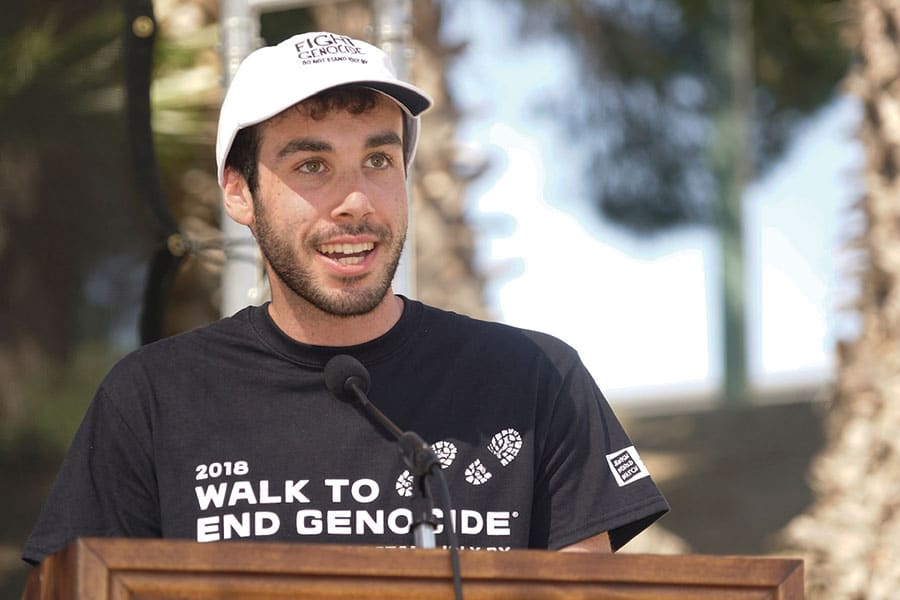
He continued, “That’s a side of Judaism that I’ve always really valued: that connection to social justice … There’s something very validating, comforting and encouraging about coming to a Jewish organization knowing that one of the values we all share is trying to repair the world.”






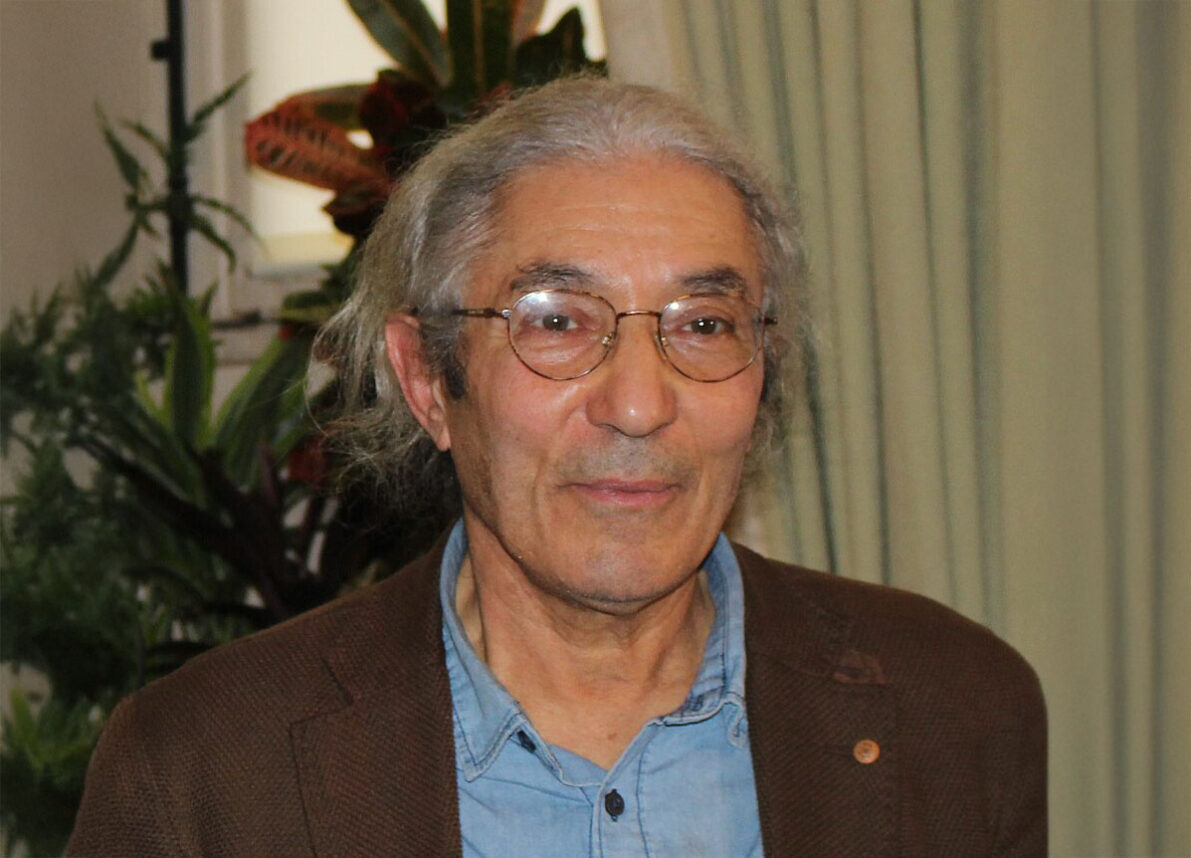
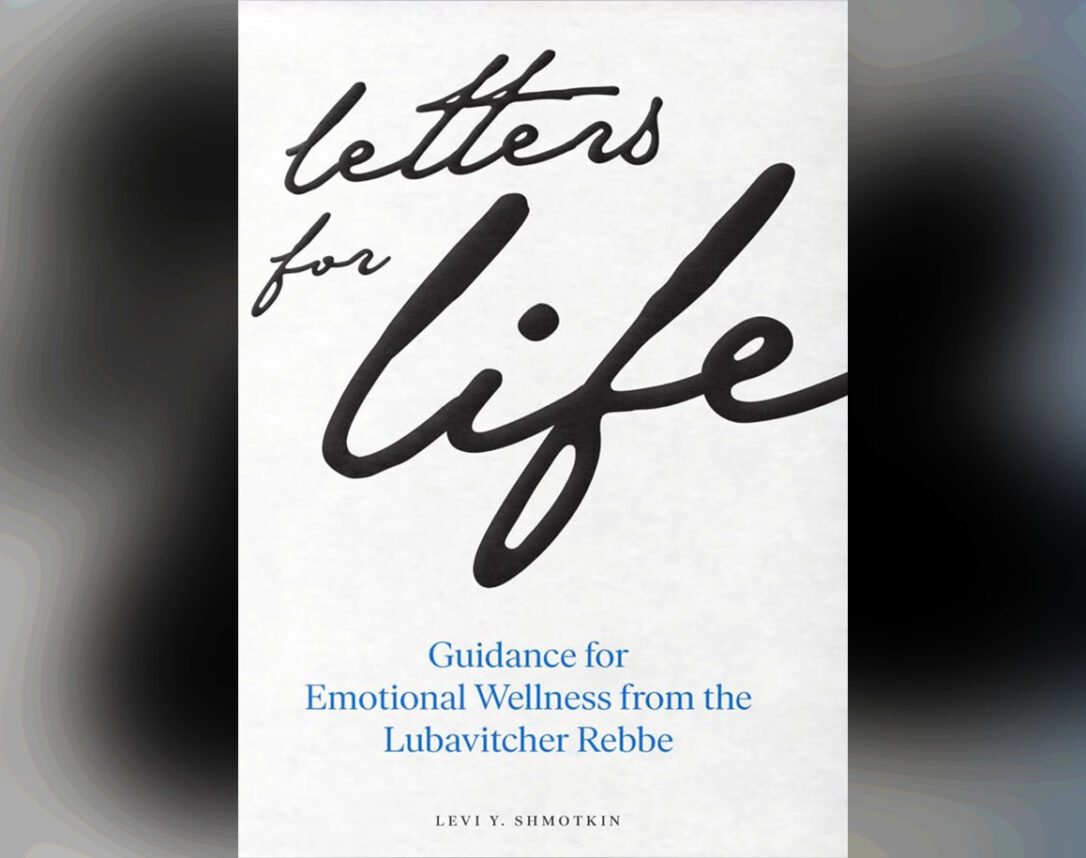

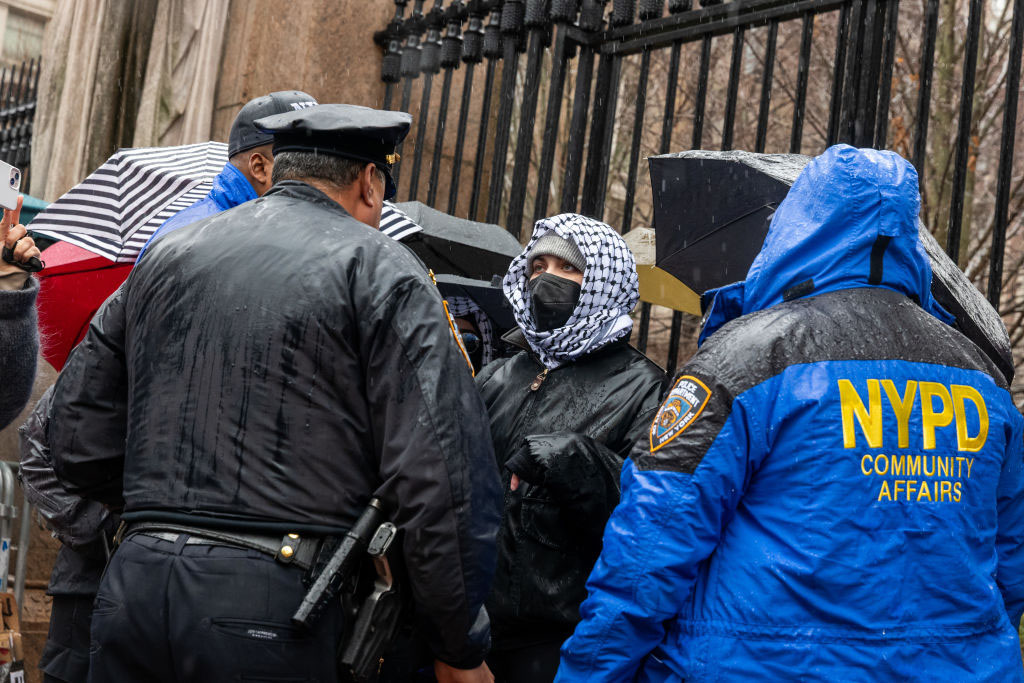
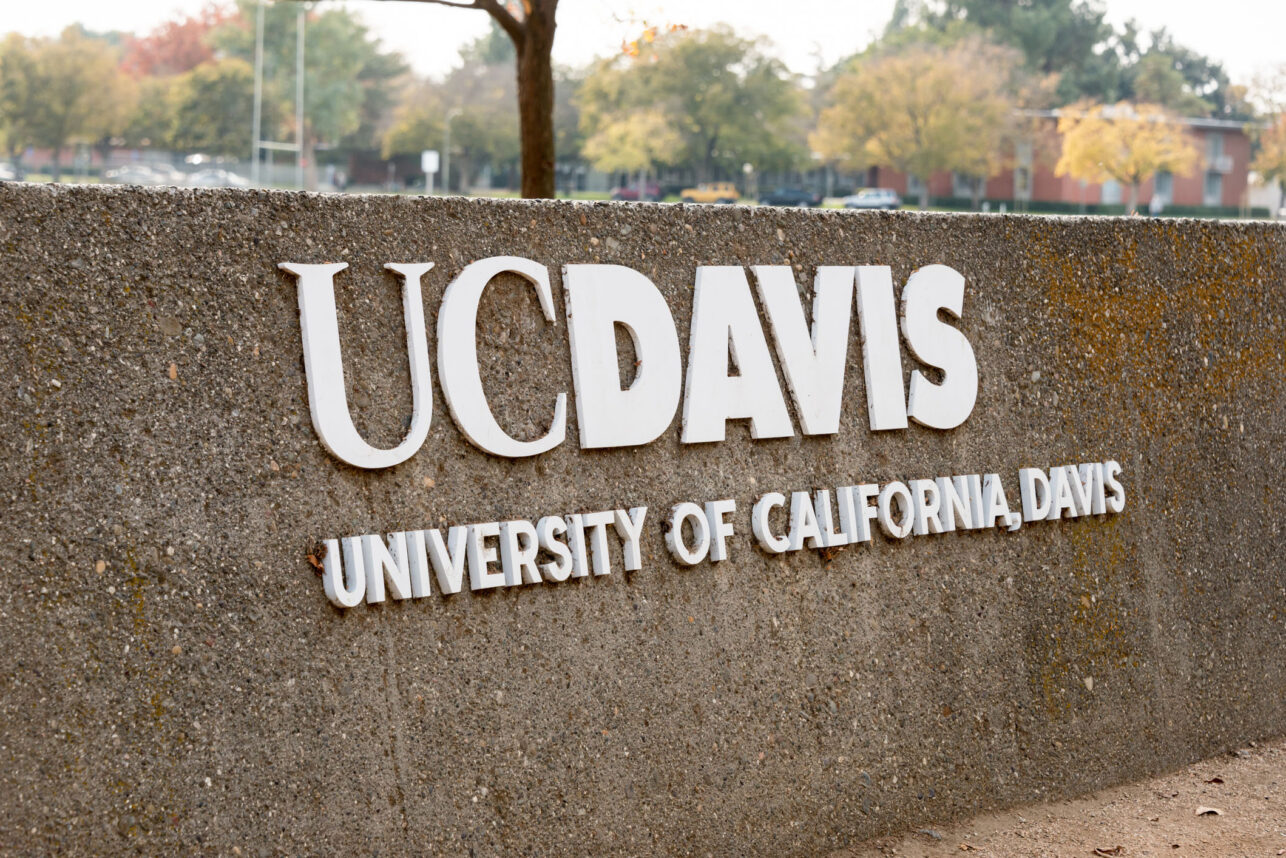
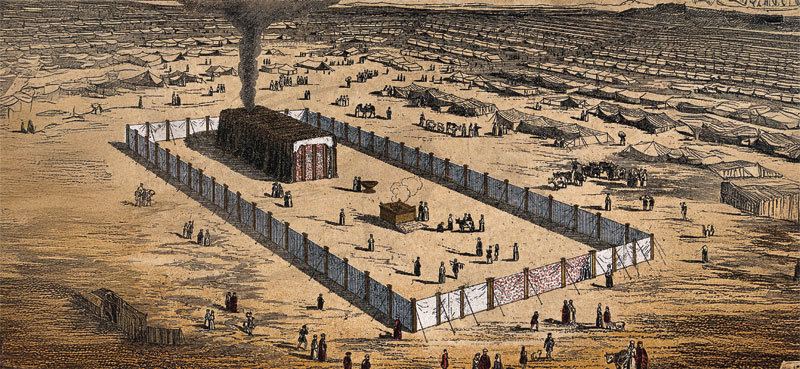



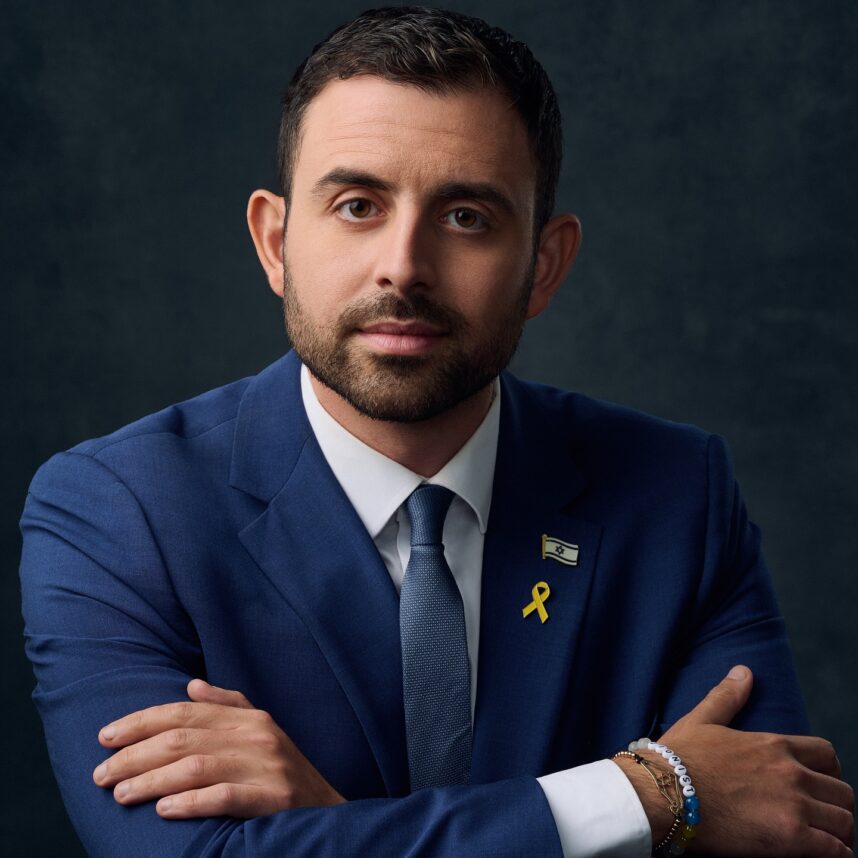







 More news and opinions than at a Shabbat dinner, right in your inbox.
More news and opinions than at a Shabbat dinner, right in your inbox.